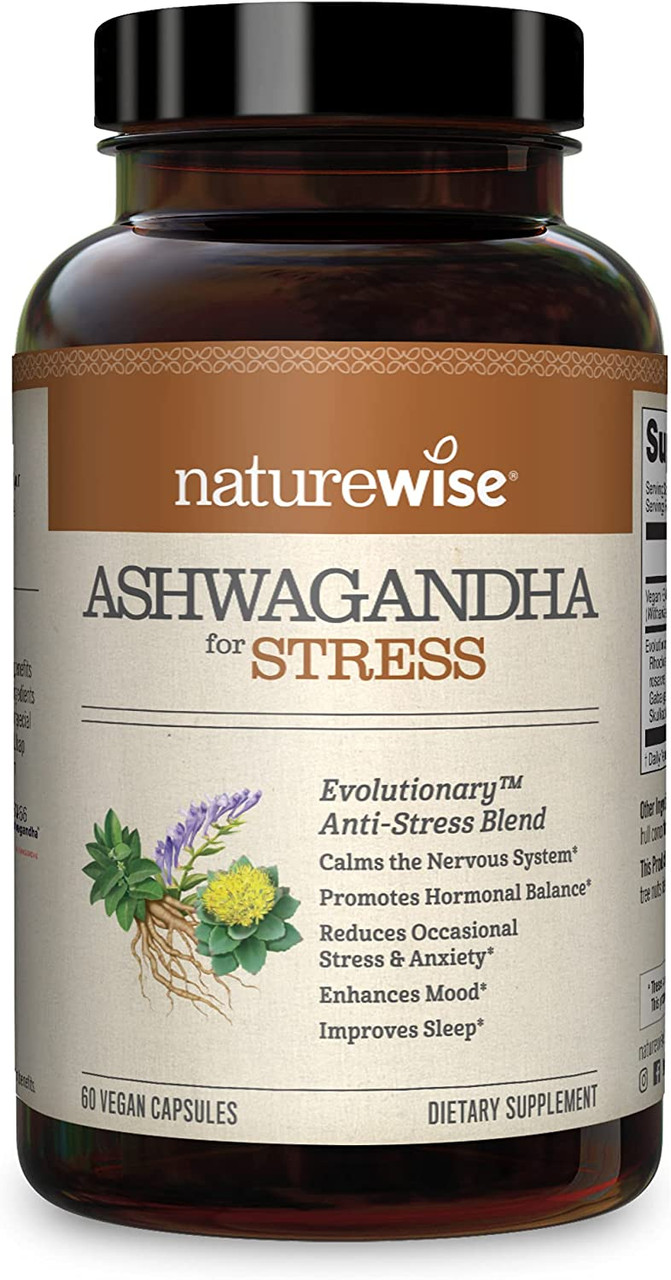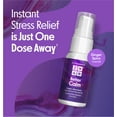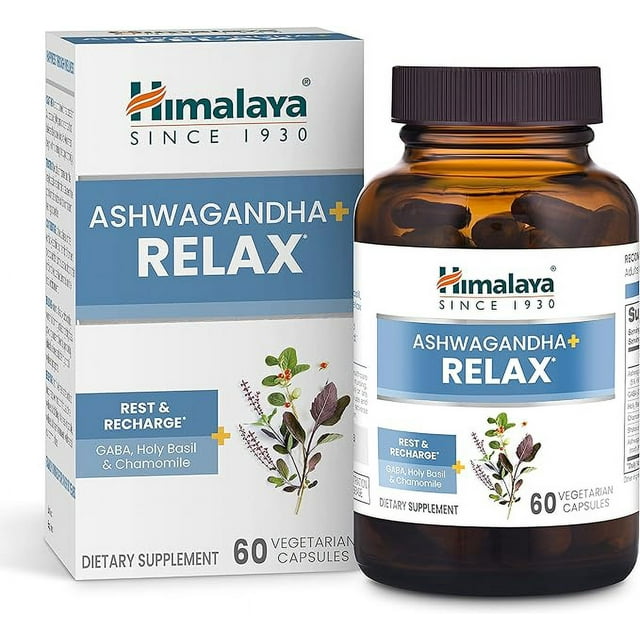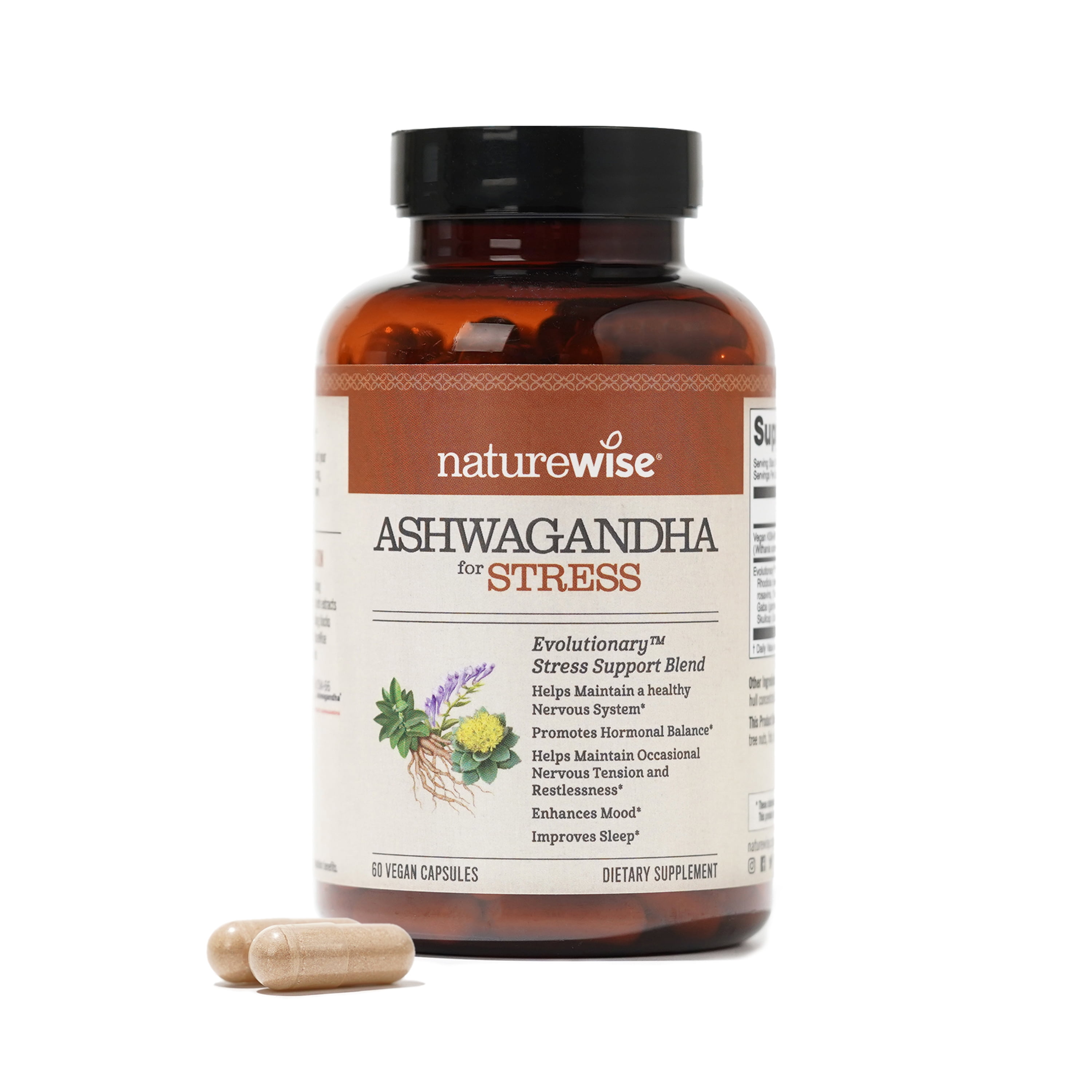Which Is Better For Anxiety Ashwagandha Or Gaba
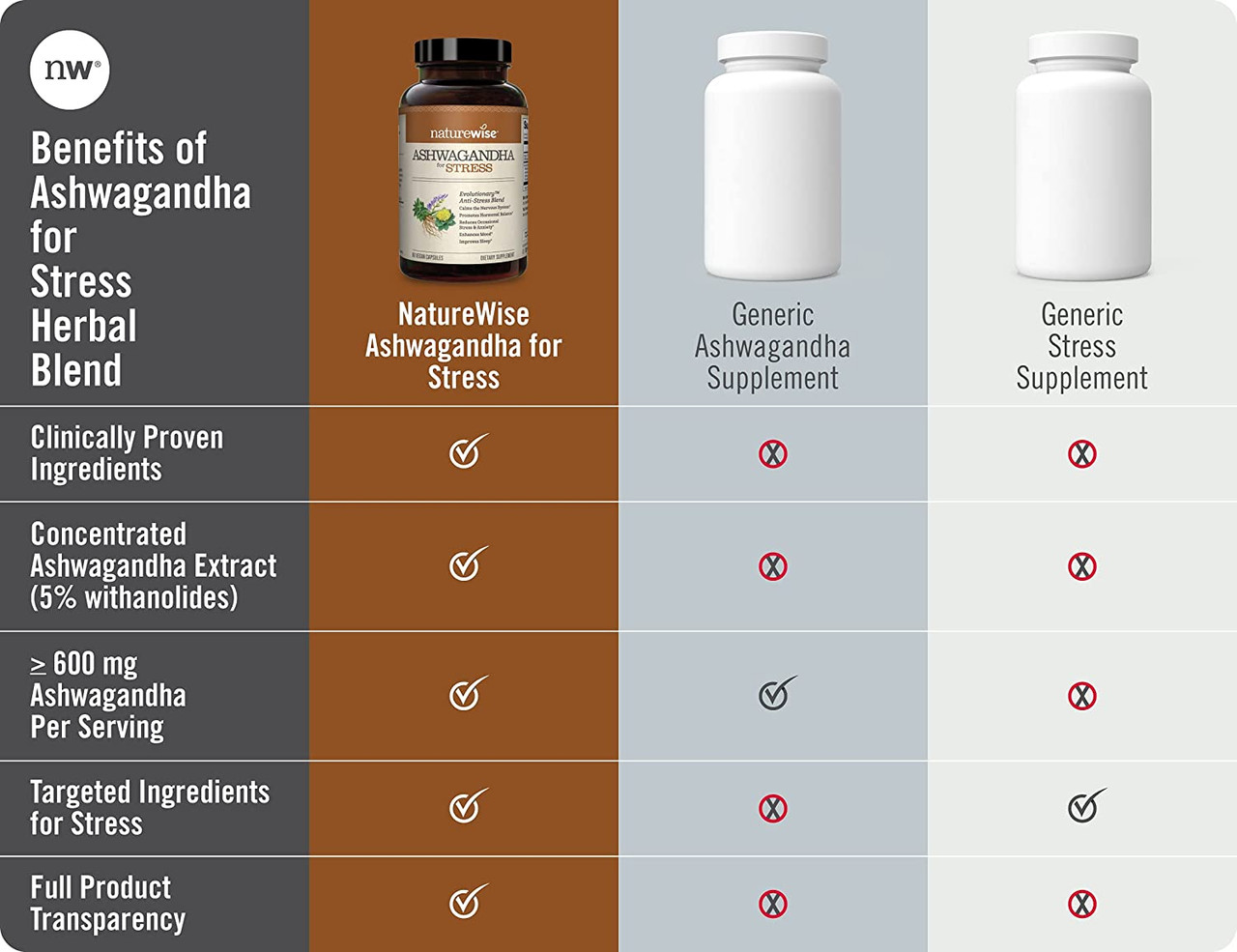
The quest for natural anxiety relief has led many to explore alternatives to traditional pharmaceuticals. Among the most popular options are ashwagandha and GABA, two supplements often touted for their calming properties. But which one reigns supreme in the battle against anxiety? The answer, it turns out, is nuanced and depends on individual needs and circumstances.
This article delves into the science behind ashwagandha and GABA, examining their mechanisms of action, potential benefits, and drawbacks, to help you make an informed decision about which supplement, if either, is right for you. We will explore available research and expert opinions to provide a comprehensive overview. It's important to remember that these supplements aren't a substitute for professional medical advice.
Understanding Ashwagandha
Ashwagandha, scientifically known as Withania somnifera, is an adaptogenic herb used in traditional Ayurvedic medicine for centuries. It's believed to help the body cope with stress by modulating the hypothalamic-pituitary-adrenal (HPA) axis. This axis is central to the body's stress response system.
Studies suggest that ashwagandha may reduce cortisol levels, a hormone released in response to stress. A 2019 meta-analysis published in the journal Nutrients, encompassing five randomized controlled trials, found that ashwagandha supplementation was associated with a significant reduction in anxiety scores compared to placebo. The research indicates a potential role in managing stress and anxiety symptoms.
Beyond its anxiolytic effects, ashwagandha is also being investigated for its potential benefits in other areas. These areas include improving sleep quality, cognitive function, and physical performance. However, more research is needed to confirm these effects.
Exploring GABA
GABA, or gamma-aminobutyric acid, is a neurotransmitter that inhibits nerve impulses in the brain. It plays a crucial role in calming nervous activity and promoting relaxation. In essence, it helps to slow things down.
The theory behind GABA supplementation is that increasing GABA levels in the brain can reduce anxiety and promote feelings of calmness. However, the blood-brain barrier presents a significant challenge. This barrier tightly regulates what can pass from the bloodstream into the brain.
The effectiveness of oral GABA supplements in directly raising GABA levels in the brain is debated among scientists. Some research suggests that GABA may not effectively cross the blood-brain barrier. However, other studies indicate that it may have indirect effects on the nervous system, potentially influencing anxiety levels.
Ashwagandha vs. GABA: Key Differences
The primary difference lies in their mechanism of action. Ashwagandha works by modulating the body's stress response system, while GABA aims to directly influence neurotransmitter activity in the brain.
Ashwagandha may be more effective for individuals experiencing chronic stress and elevated cortisol levels. GABA may potentially provide quicker relief for acute anxiety symptoms if it does indeed affect brain activity.
It's also important to consider potential side effects. Ashwagandha is generally considered safe, but some individuals may experience mild digestive upset or drowsiness. GABA supplementation is also typically well-tolerated, but high doses may cause tingling sensations, sleepiness, or shortness of breath.
Expert Opinions and Recommendations
Dr. Emily Carter, a leading integrative medicine physician, emphasizes the importance of individualized treatment plans. She states, "There is no one-size-fits-all solution for anxiety. What works for one person may not work for another." Her advice stresses personalized treatment.
Dr. Carter often recommends ashwagandha to patients struggling with chronic stress and fatigue. However, she suggests GABA for those experiencing more immediate anxiety symptoms. This highlights the importance of considering individual symptoms.
Furthermore, Dr. David Lee, a neuroscientist specializing in anxiety disorders, cautions against relying solely on supplements. Dr. Lee states: "Supplements can be a helpful adjunct to therapy and lifestyle changes, but they should not be considered a replacement for professional medical care." He advocates for a comprehensive approach to anxiety management.
Making an Informed Decision
Ultimately, the best choice between ashwagandha and GABA depends on individual needs, preferences, and underlying health conditions. Consulting with a healthcare professional is crucial before starting any new supplement regimen. This step ensures personalized advice and safety.
Consider keeping a journal to track your symptoms and the effects of any supplements you try. This practice can help you identify what works best for you. Paying attention to your body is crucial.
Remember, lifestyle factors such as diet, exercise, and sleep also play a significant role in managing anxiety. Combining natural supplements with healthy habits can often lead to the best results. Prioritizing your overall well-being is key.
